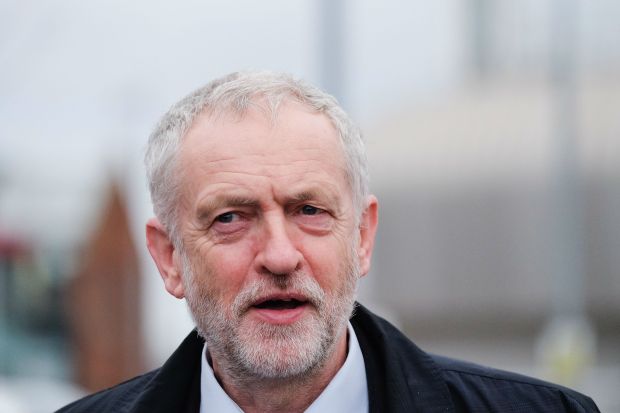It would be a great surprise if Jeremy Corbyn did personally back British air strikes against Islamic State in Syria. So the most interesting thing about his response to the Prime Minister’s statement was whether the Labour leader gave much of a clue as to what he would require his party to do when a vote comes to the Commons. The Shadow Cabinet will meet shortly to discuss this, and from the looks on the faces of some of his shadow ministers as he spoke, it appears that Corbyn will face some debate about the points he made.
Corbyn did not rail against the Prime Minister’s desire for action, but asked for more detail on what he envisaged. His questions did sound a little familiar, though. It was his final point, though that showed what the Labour leader’s own view on this was:
‘Finally, in the light of the record of western military interventions in recent years, including in Iraq, Afghanistan and Libya does the Prime Minister accept that UK bombing of Syria could risk more of what President Obama called ‘unintended consequences’ – and that a lasting defeat of ISIS can only be secured by Syrians and forces from within the region?’
But we already knew that. What was more interesting was the number of Labour MPs who seemed from their questions in the debate that followed to be warming to the idea of voting for the Prime Minister’s plan, along with the diminishing number of Tory objectors. Cameron has treated Parliament impeccably so far in his approach to this vote on action, and he seems to be being rewarded for it. But because Corbyn was the only frontbencher who had the opportunity to speak, we cannot yet know what frontbenchers will end up doing: will they rebel against a whipped position from Corbyn and dare him to sack them, or will they win the chance to have a free vote? Don’t forget that normally very collegiate Shadow Cabinet members have warned of a ‘bloodbath’ if they don’t get that free vote.







Comments